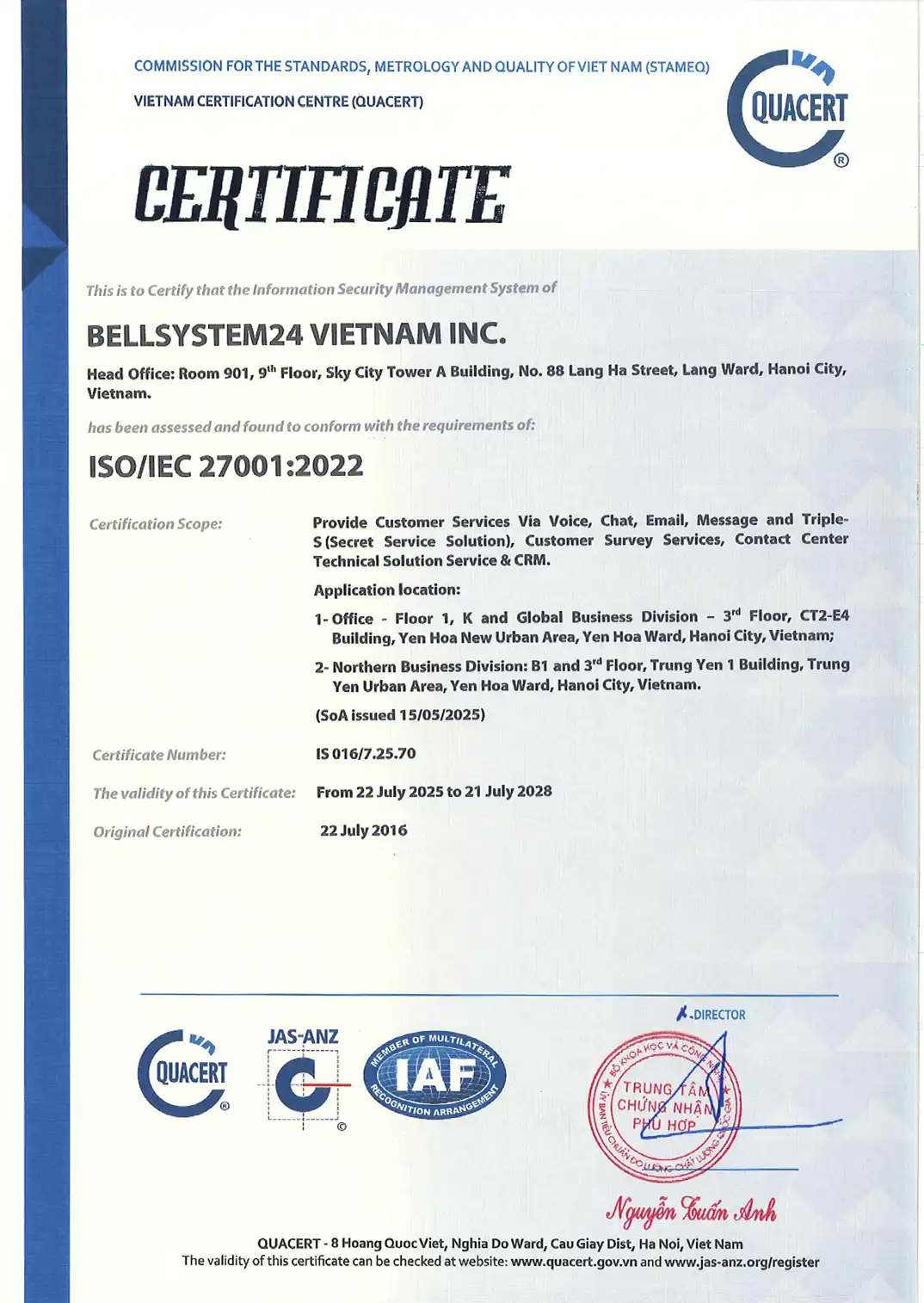In today's competitive business environment, the role of a leader extends beyond decision-making and strategic direction. An outstanding leader is also someone who knows how to inspire the potential of their team, helping them grow and achieve great goals. That is when coaching skills become a key factor. Coaching is not only a management tool, but also an art of inspiring, promoting change, and building a strong team.
If you are looking for ways to enhance your leadership capabilities and help your team excel, this article will guide you through the concept, benefits, and practical and effective ways to develop coaching skills.

What are coaching skills?
Coaching, also known as mentoring, is the process in which a leader (coach) works alongside an employee (coachee) to help them develop skills, solve problems, and achieve personal or organizational goals. Unlike traditional training, which focuses on imparting knowledge, coaching emphasizes unlocking potential, encouraging self-awareness, and promoting action.
| Criteria | Coaching | Training |
|---|---|---|
| Objective | Unlock your potential, develop yourself | Convey specific knowledge and skills |
| Approach | Personalize, ask questions, listen | Standardize content, direct teaching |
| Primary role | The coach guides, the coachee finds their own solutions. | The trainer teaches, and the trainees receive the content. |
| Time | Usually long-term, according to the itinerary | Short-term, per course |
| Application | Suitable for leadership development, thinking | Suitable for learning knowledge and professional skills |
A good coaching leader not only gives advice but also knows how to ask the right questions, listen deeply, and motivate employees to find solutions themselves. For example, instead of saying, "You need to improve your sales skills by making more calls," a coach would ask, "What do you think is preventing you from closing deals successfully, and what can we do to improve that?"
Why are coaching skills important?
-
Increase work efficiency: According to research by the International Coaching Federation (ICF), employees who receive regular coaching significantly improve their job performance.
-
Building a cohesive team: Coaching helps employees feel listened to and respected, thereby increasing their commitment to the organization.
-
Talent development: A leader who knows how to coach can help employees develop new skills and prepare for bigger roles.
-
Adapting to change: In a volatile business environment, coaching helps employees become more flexible and confident when facing challenges.
Core coaching skills
To become an effective coach, you need to master a number of fundamental skills. Below are the most important skills, accompanied by illustrative examples to help you visualize them.
1. Active listening
Active listening is not just about hearing what employees say, but also understanding the emotions and intentions behind their words. This requires you to focus completely, not interrupt, and show empathy.
Real-world example: A salesperson consistently failed to meet sales targets. Instead of reprimanding them, the manager organized a coaching session, listening to the employee share about work pressure and difficulties in approaching new customers. Through this, the manager discovered that the employee lacked confidence in communication and proposed a suitable training plan.
Training method: Practice nonjudgmental listening for 5 minutes each day. When employees share, ask open-ended questions such as: "How do you feel about this situation?" or "What is most important to you right now?"
2. Ask powerful questions
Powerful questions are tools that help employees discover solutions themselves rather than waiting for instructions. These questions are often open-ended, stimulate thinking, and encourage action.
Illustrative example: A marketing employee keeps delaying the completion of an advertising campaign. Instead of telling them to "hurry up," the leader asks, "What is making it difficult for you to start this project?" or "If you could complete the campaign on time, what would you do differently?" These questions help the employee realize they need to manage their time better.
Training method: Practice asking questions that begin with "Why," "How," or "What if." Avoid closed-ended questions that only require a "yes" or "no" answer.
3. Provide constructive feedback
Feedback in coaching is not intended to criticize, but to help employees recognize their strengths and areas for improvement. Effective feedback should be specific, honest, and actionable.
Training method: Apply the "Praise – Suggest – Encourage" formula. For example: Praise strengths, suggest ways to improve, and end with words of encouragement.
4. Build trust and psychological safety
Employees only open up and share when they feel safe. A good coaching leader needs to create an environment where employees are not afraid of being judged or criticized.
Training method: Begin coaching sessions by emphasizing that the goal is to support, not to evaluate. Use positive language and avoid critical words.
Effective coaching process with the GROW model
One of the most popular coaching models is GROW (Goal, Reality, Options, Will), helping you guide employees through each step to achieve the goal.
1. Goal
Clearly define the goals that employees want to achieve. Goals should be specific and measurable.
For example: "I want to increase the closing rate from 20% to 30% next month."
2. Reality
Assess the current situation, including strengths, weaknesses, and barriers.
For example: The employee shared: "I often have difficulty handling feedback from demanding customers."
3. Options
Explore feasible solutions. Leaders do not provide answers but encourage employees to come up with their own proposals.
For example: What do you think you can do to better handle negative feedback? Do you need any additional training or support?
4. Will (Commitment)
Ensure employees are committed to taking action and have specific plans.
For example: Employees agree to participate in a weekly training session on handling situations and practicing sales scripts.
Benefits of developing coaching skills
-
Improve leadership effectiveness: Coaching helps you build better relationships with employees, thereby increasing respect and trust.
-
Developing a sustainable workforce: Employees who receive coaching are often more confident, proactive, and willing to take on greater responsibilities.
-
Increase revenue and performance: A well-led team will improve business metrics, from closing rates to customer satisfaction levels.
-
Create a culture of learning: Coaching encourages a culture of continuous improvement, where everyone is constantly learning and developing.
Join the "Coaching Skills for Leaders" course to enhance your skills.

If you want to become an outstanding leader, know how to inspire your team's potential and lead them to achieve outstanding results, join the course. "Coaching Skills for Leaders"This course provides:
-
Understanding Coaching Correctly
-
Mastering the effective coaching model and practical application
-
Master the 4 golden skills in coaching: Listening, asking questions, giving effective feedback, and inspiring others.
-
Practice and refine 360-degree feedback.
Coaching skills are not just a tool, but also the key to unlocking your team's potential and taking your business further. By listening, asking questions, giving feedback, and using models such as GROW, you can help your employees develop, increase their performance, and build a cohesive team.
Start your journey to becoming a great coaching leader today. Don't miss the opportunity to join the course. "Coaching Skills for Leaders" To master this skill and apply it effectively in your work. Wishing you success in leading your team to new heights!







